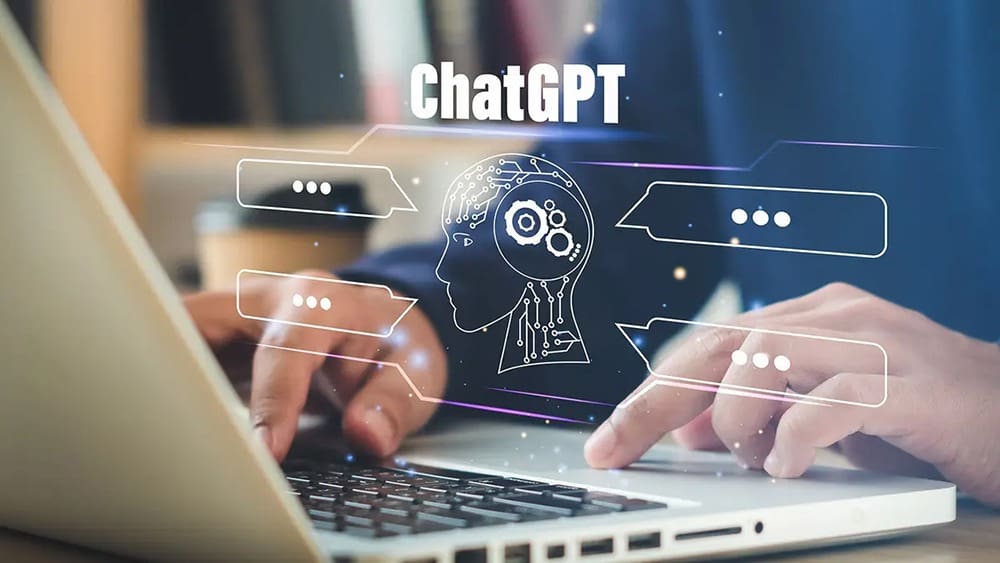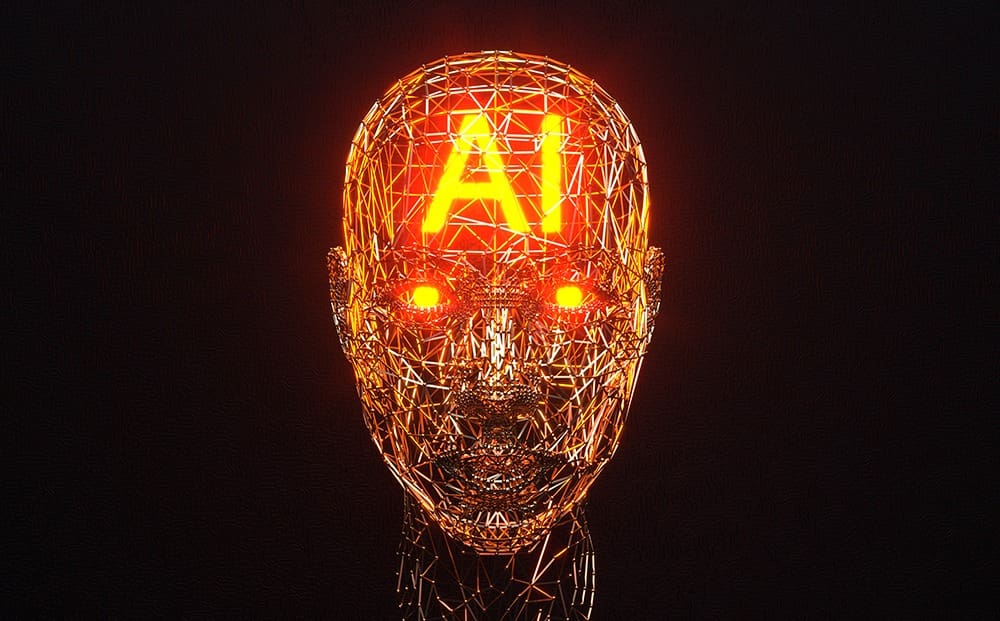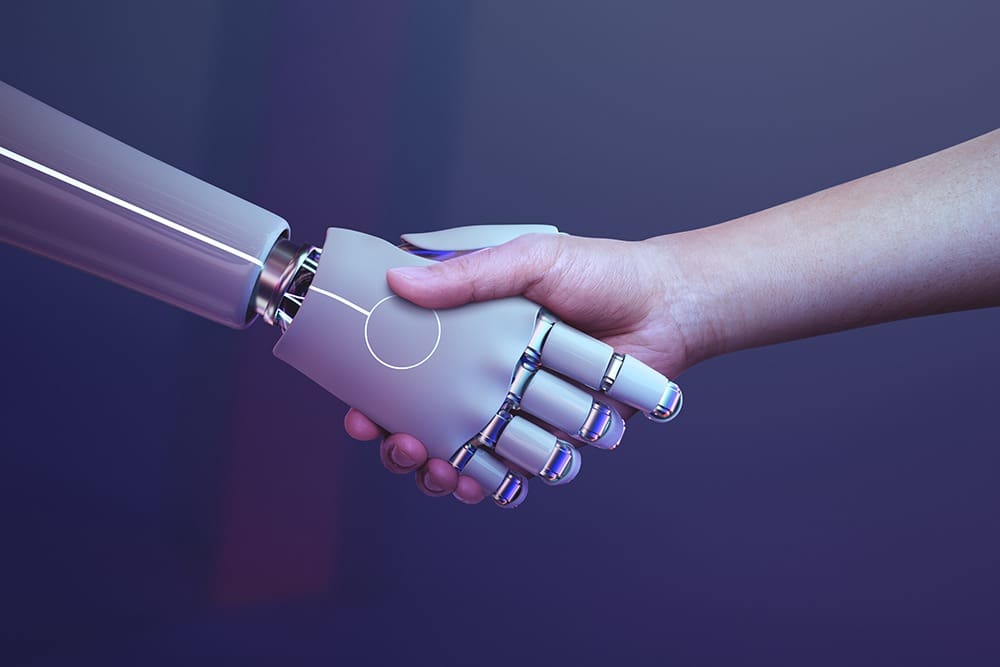
AI-generated content has become increasingly popular among businesses looking to scale up their content marketing effort. However, while AI-generated content may seem like a convenient solution, there are potential downsides to consider. As a SEO expert has been staying on top of SEO for decades, I started my experience with ChatGPT about a half year ago when most people knew nothing about it. I should say that it wasn’t the first software or content generator I have tested over the years.
Before we continue… Can you guess if I used AI-generated content in this post?
(I will tell you the answer below)

What You Need To Know
High-Quality Content
Everyone knows that content is king. It attracts visitors to your site, keeps them engaged, and leads to conversions. But what happens when the content you’re using isn’t up to par? Unfortunately, that’s what can happen when you rely on AI-generated content. The potential harm of using AI-generated content on your website is real and impactful.
Google Penalties
Search engines are constantly working to improve the quality and relevance of their search results. As a result, they’ve taken steps to fight against the use of AI-generated content on websites. For example, Google’s algorithm is designed to penalise websites that use duplicate or low-quality content. Google has invested in AI technology of its own, including the development of its BERT algorithm. This technology helps Google provide more accurate and relevant search results, making it harder for AI-generated content to compete.
Search Engines Updates
The recent core update of Google algorithm rolled out in March 2023. It has a huge impact on search rankings for many websites. Usually, Google does not provide much detail about what specifically had been changed in the algorithm. It is up to the SEO community to analyse the impact of the update and make necessary changes to their websites.
However, one thing that is clear is that Google continues to prioritise unique and high-quality content. The search engine giant has been cracking down on low-quality and “spammy” content for years, and this latest update is no different. Many SEO forums and experts have already reported seeing websites that use AI-generated content drop in search rankings after the update. This highlights the risk of relying too heavily on AI for content creation, especially if the quality of the content is not closely monitored. Some experts said Google claim the war against AI-generated content, especially after Bing announced they are about to launch a new version integrated with chatGPT.

Are You Ready To Take Risk?
What would you do if your website will be penalised by Google for using AI-generated content?
It can be a scary prospect, especially if you’re not familiar with SEO best practice or don’t have experience dealing with Google penalties. If you find yourself in this situation, the first step is to identify the cause of the penalty. In many cases, it’s due to the use of low-quality or duplicate content, which can include AI-generated content. Once you’ve identified the issue, you can take steps to rectify the situation, such as removing the offending content, replacing it with high-quality, human-written content, or hiring an SEO expert to help you navigate the process. However, these steps can be time-consuming and costly, and there’s no guarantee that they’ll restore your website’s rankings and traffic to their previous levels. Ultimately, the decision to use AI-generated content comes with a certain and quite high level of risk, and it’s important to consider the potential consequences before incorporating it into your content strategy.
Another potential issue with AI-generated content is the risk of copywriting and plagiarism issues. Since AI is trained on large amounts of existing text, there is a chance that they may inadvertently include copyrighted or plagiarised content. Also, there is the risk of fake facts or misinformation in AI-generated content. ChatGPT, for example, may generate content that includes false or misleading information, which can be harmful to your website’s credibility and may lead to negative feedback from readers or legal action.

What We Can Do
It’s important to carefully review and rewrite any AI-generated content before publishing it on your website. Be sure to check for proper sourcing and citations and verify any information included in the content to ensure its accuracy. Use AI-generated content as a tool, not a replacement for human-written content. Can you imagine how many posts such as “Five common Marketing mistakes” were generated? How many of them are unique?
As I said above, the risks of using AI-generated content include potential issues with authenticity and quality, ethical concerns, copywriting, plagiarism issues, fake facts, and misinformation. Prioritising unique, high-quality content is essential. The final recommendation is to use it as a tool, not a replacement for human-written content, work with a reputable AI content provider, and have legal support to ensure that your content is compliant with copyright laws and regulations.
Well… did I use AI to write this post?
Whatever your answer is, just think can search engines reply on this question? Can they recognise generated content in your own blog posts?
Like my advice?
Check out my profile and find out more about my best works and free advices.
View Our Plans

